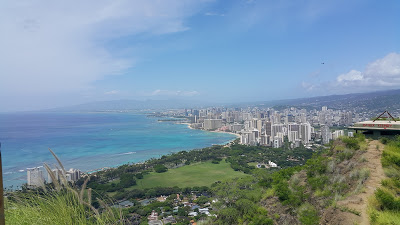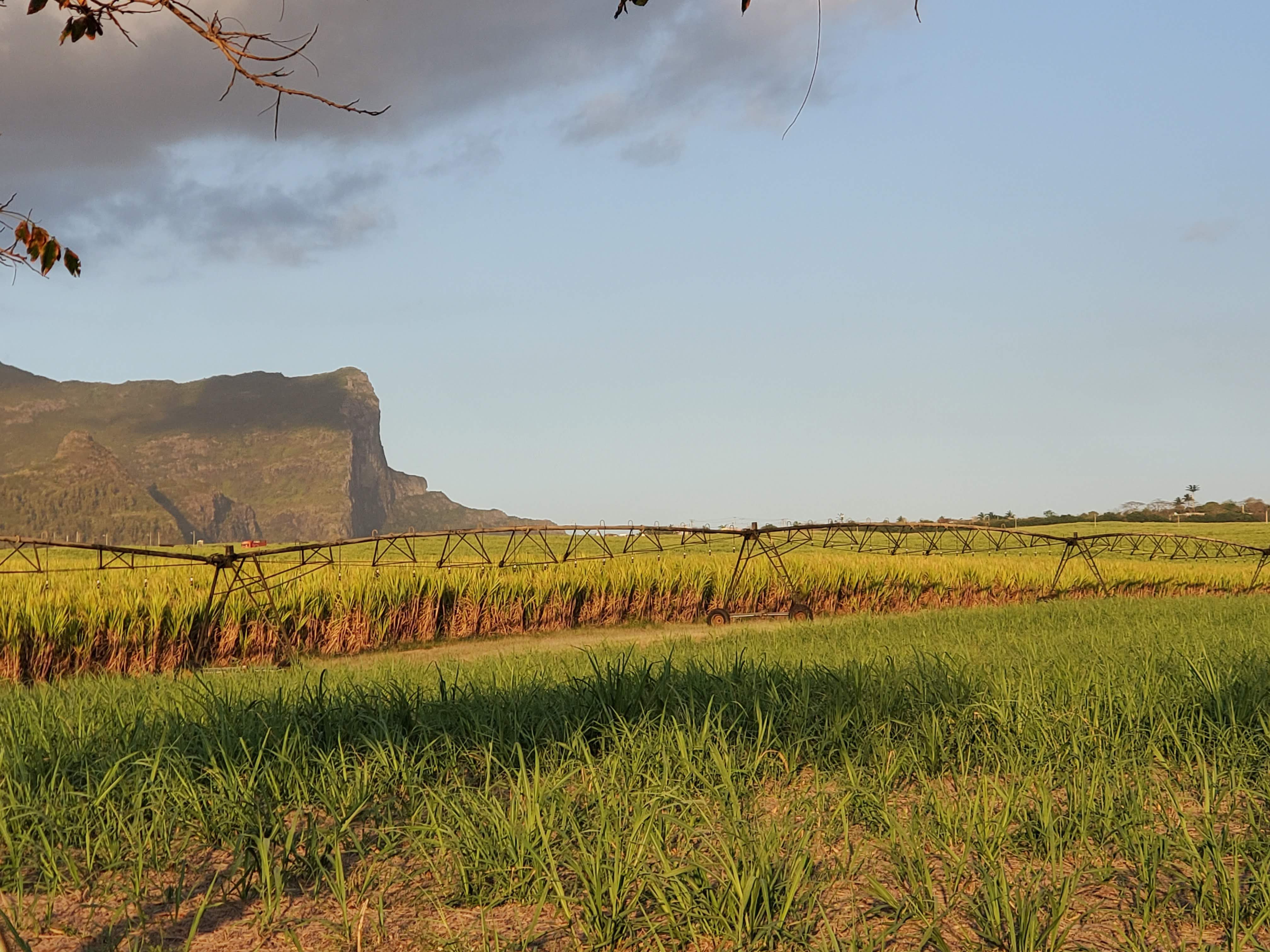or: Answering “how are you?” based on which country you are in
It’s interesting how people in different countries respond to the phrase “How are you?” regardless of the language it is spoken in.
It was pointed out to me recently that whenever you ask this question in Mauritius, most people say they are tired or very tired. That said, they say it in French so the word they use is “fatigue” or “tres fatigue”.
This led me to thinking about how it is answered in other countries I’ve lived in. Unfortunately I’ve forgotten what the common response was in Japan which leads me to think that perhaps it was “I’m exhausted!”.
Anyway…
In Hong Kong, the same question leads to the response “busy” or “very busy”.
In Australia, it’s “I’m fine thanks”.
What does this all really mean?
I’ve no idea so I’m going to make something up because it’s fun to ponder.
Firstly, Australians tend to say “fine thanks” or some variation because they’re not really answering that particular question. It is opening small talk to lead to something else and if the questioner really wanted to know how they were, they would ask follow up questions. Small talk completed (“how’s work?” is usually the next question and the same answer usually follows with further probing required if genuinely interested in how work is, same for asking about the family. It may also be the case that people aren’t really listening for a response and are just waiting to complete the polite preamble to real conversation), they can move onto more meaningful things like where they are off to for drinks, lunch / dinner that day.
In HK, to not say you are busy is a reflection that you are not doing enough.
It is generally expected that everyone is up to their eyeballs in work and their social life is humming along with it. Sometimes one aspect is busier than the other but overall, being still and chilled out is not a common occurrence in HK for most people.
The main industry is financial services and trading. These are almost 24/7 pursuits as HK is a hub for both and they are industries with links all over the world. Given time zones, Asia is almost always expected to be in the office (ask anyone in HK that has a head office in either Europe or the US or has to take part in a regional conference call, if they prefer to be the ones that take the call at 7am or the ones that take it at 9pm as these are the most common times for HK for a global call – this is the other reason why it can be difficult to juggle social and work commitments).
It is a city that never sleeps after all and the people there reflect this regardless of their jobs or their seniority in those jobs.
They could just as easily say they are tired too however this doesn’t sound quite right, busyness reflects the reality better as that’s what’s led to being tired in the first place.
Contrast this with Mauritius.
This is a small island country that is typically quite warm though not as humid as HK. It is not a busy place in the way HK is. The island has a population of 1.2 million and they are all spread out so even if it was busy, it wouldn’t have the hustle and bustle feel of HK where all the activity happens in a very small space.
The main industry is tourism and the second is sugarcane.
It is because of both of these that people are always tired.
Tourism means everyone here is a tour guide in some form. Everyone is routinely asked directions or advice on everything from where to eat to how to get to the police station. What’s fantastic is that all the local people willingly provide this. What goes on from there though is they are just as likely to take you to that food place, perhaps join you for a meal and then walk with you to the police station regardless of what their plans may have been.
Then there will be drinks.
Given it is a sugar producing island, rum is a major industry and enjoyed by many locals.
It leads to quite a few late nights and it doesn’t seem to matter if it is a school night or not.
It is just accepted.
They are a social group and this leads to tiredness the following day.
It is not because they are busy with time zone juggling and balancing work and social lives. This juggling is one of the many things they have sorted out well and most seem to leave work at sensible times compared to many other countries though obviously there are exceptions.
So there you have the not very scientific breakdown of why three different groups of people answer the same question in different ways based on the country in which they live.
You are now prepared for your next trip!
You’re welcome.
Note – for those new to this blog, take this is not meant to be a serious page!
Thanks to Muse for the title to this post. They are the latest in a long line of artists to have covered this song. If you’d like to read ten more things about the song itself, this is an interesting article.

